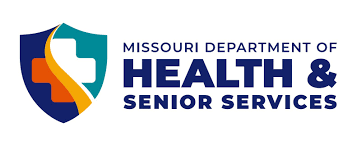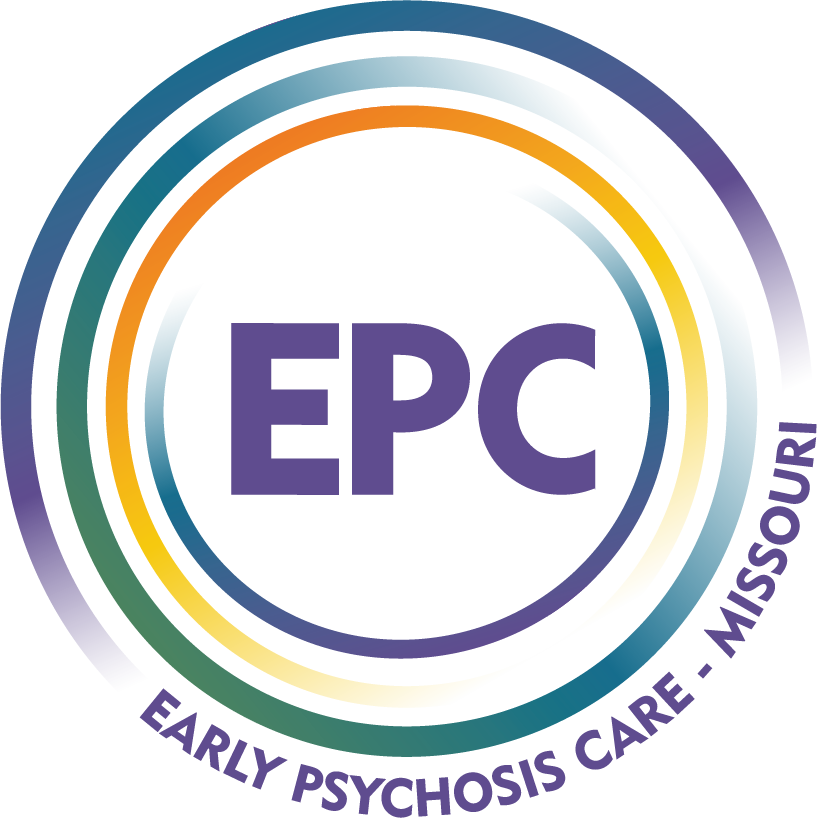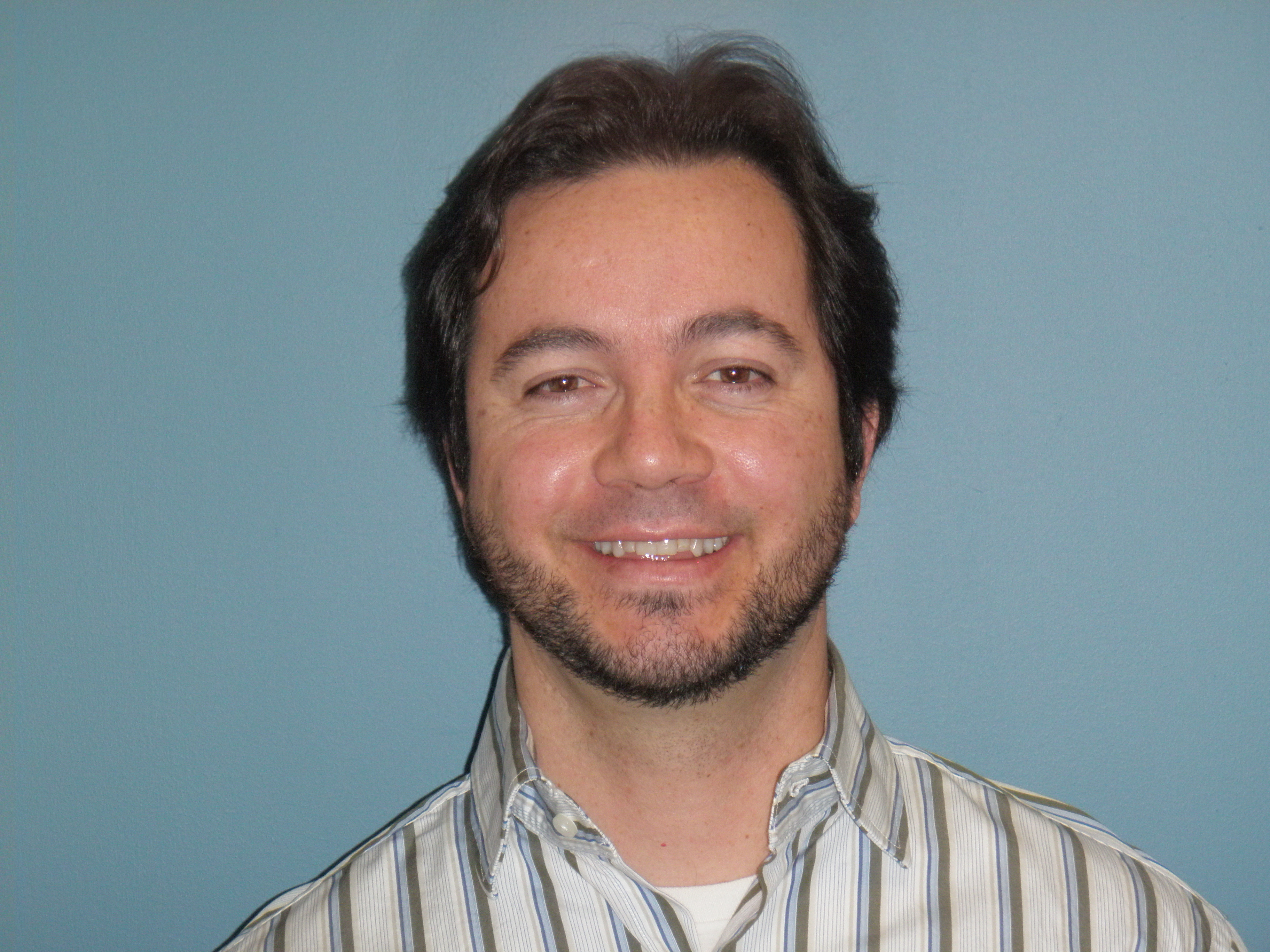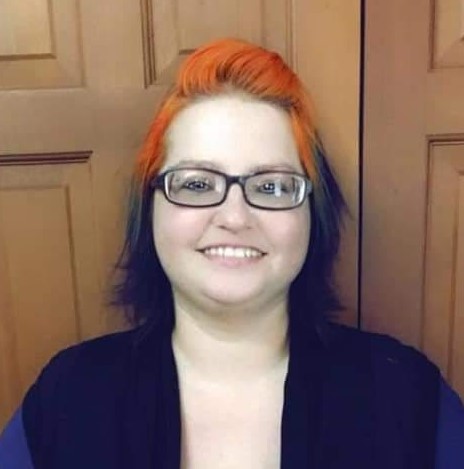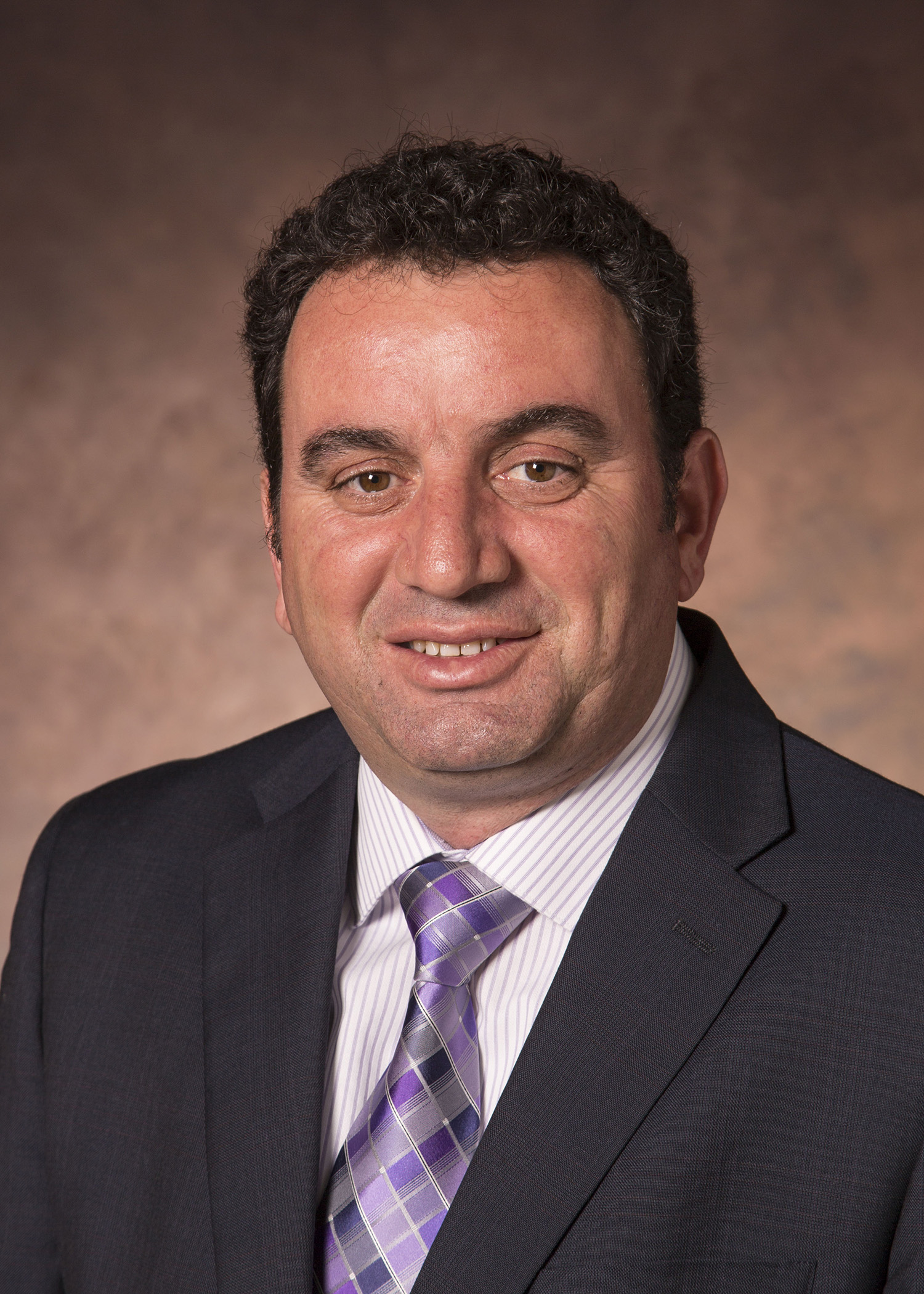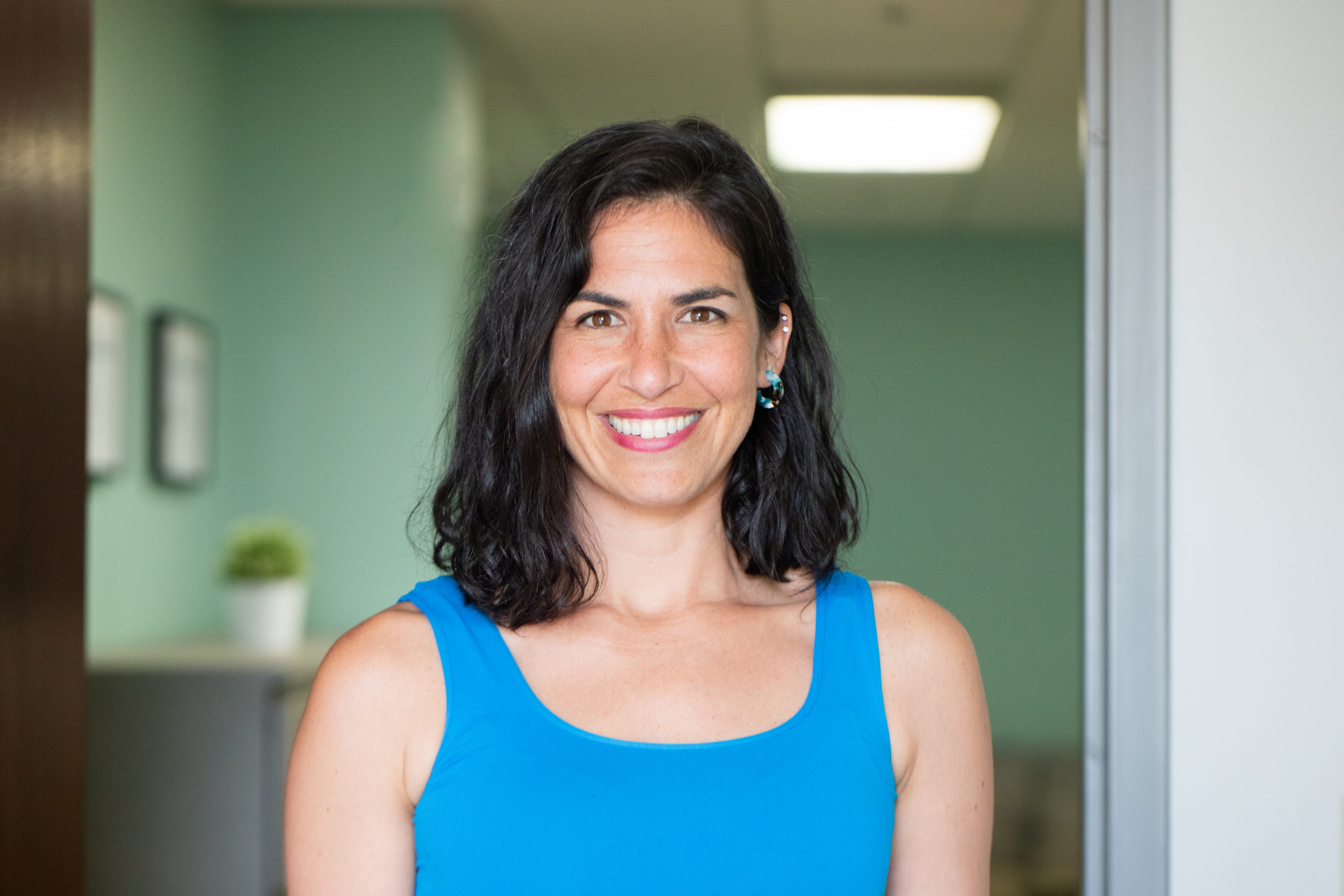Missouri’s Early Psychosis Care initiative is bringing to the forefront the importance of identification and intervention as critical steps in reducing the impact of psychosis on affected individuals, their families, and our community. Through educational opportunities and outreach, EPC will raise awareness state-wide about best practices, current trends in research, offer learning collaboratives, and implement new strategies, research, and trends into practice.
Current priorities are:
1. Provide training, consultation, and implementation support to early intervention programs that specifically address early psychosis care in Missouri.
2. Through community outreach, provide education and support to individuals seeking information and resources on early psychosis.
3. Promote evidenced-based care and advance research on early psychosis, as it relates to promoting implementation science and clinical outcomes.
EPCMissouriConference.com

